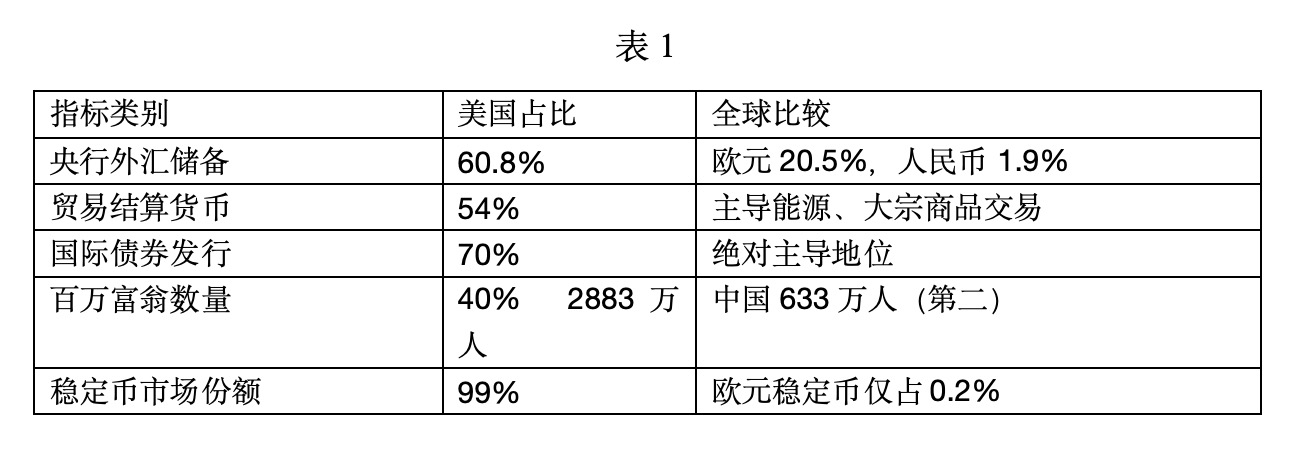撰文:FinTax
1. 事件概况
2025年7月初,律师事务所Pomerantz 代表所有在2024年4月30日至2025年4月4日期间购买或以其他方式取得Strategy (原名为MicroStrategy,纳斯达克股票代码:MSTR)证券的个人与实体,在美国弗吉尼亚东区联邦地区法院对Strategy提起集体诉讼。该诉讼,依据《1934年证券交易法》第10(b)条和第20(a)条及其实施条例SEC Rule 10b-5的规定,要求Strategy公司及其部分高级管理人员就涉嫌在比特币投资盈利数据和会计标准方面的证券欺诈行为承担法律责任,并追索由此造成的投资损失。在加密资产逐步成为企业战略资产配置的重要组成部分的今天,该诉讼或将成为监管机构和市场参与者重新审视加密资产会计与信息披露标准的重要信号。
2. Strategy的比特币战略
大名鼎鼎的Strategy最初是一家专注于企业级商业智能(BI)、基于云的服务和数据分析的软件公司,长期为大型企业客户提供数据可视化、报告生成和决策支持工具。尽管其传统软件业务在业内具有一定知名度,但增长趋于缓慢,营收和利润表现也较为平稳。
自2020年起,公司在创始人Michael Saylor的主导下,正式确立以比特币为核心的资产配置战略,将其定位为替代现金的主要储备资产。这一转型标志着Strategy开始将大量资金投入比特币市场,并通过多轮融资持续加仓。公司不仅动用自有资金购币,还通过发行可转债、优先票据和以比特币为抵押的贷款等方式获得低成本资金,从而放大其投资规模。此后,Strategy转型为一家杠杆式比特币金融公司,而非一家简单的企业软件公司。
其比特币策略的核心在于长期持有,Strategy明确表示不会主动出售所持资产,而是利用比特币的长期升值潜力提升公司总资产与市值。进入2024年以来,公司在比特币价格大幅回升期间持续买入,尤其在其突破6万美元后加快了购入节奏。仅2024年第一季度,公司就增持了逾12,000枚比特币,至2025年初累计持仓已超过200,000枚,进一步强化了其「比特币本位」的企业形象,也令其股价高度与比特币走势挂钩,成为资本市场中备受关注的另类加密资产载体。

3. 被指控的核心方面
诉状核心指控在于,Strategy及其高管发布了若干虚假和/或误导性陈述,或未能充分披露关键信息,主要包括:(1)对公司围绕比特币的投资策略与资金运作所能带来的预期盈利能力进行了夸大;(2)未充分揭示比特币价格波动所带来的相关风险,尤其是在采用会计准则更新(ASU2023-08)后,公司可能因加密资产公允价值变动而确认的重大损失;因此,(3)公司在公开场合发表的相关声明在所有关键时间点上具有重大误导性。
分析来看,被指控的核心问题集中在两个方面:一是对其比特币投资策略盈利能力的虚假或误导性陈述,二是未能及时披露新会计准则带来的重大影响,并淡化相关风险。
一方面,诉讼认为该公司对其比特币投资策略的盈利能力作出了虚假和误导性陈述,违反了联邦证券法。作为一家公开上市公司,Strategy有责任在其财报和公开声明中如实反映比特币投资对公司盈利的实际贡献。然而公司被指在多项对外沟通中夸大了比特币带来的财务正面效应,模糊了其真正依赖的是币价上涨带来的账面浮盈,而非核心业务的持续盈利能力。与此同时,公司可能通过调整后的非GAAP指标或正向语言渲染盈利前景,掩盖了加密资产价格波动带来的真实财务压力。这类行为若构成对重大事项的虚假陈述,即可能违反《1934年证券交易法》第10(b)条及其实施条例SEC Rule 10b-5的规定。
另一方面,Strategy还被指未能及时、充分按照披ASU2023-08会计准则修订对公司财务数据进行披露。2023年底,美国财务会计准则委员会(FASB)正式通过了关于加密资产的新会计处理标准,规定企业从2025财年起(即2024年12月15日之后开始的财年),允许将比特币等加密资产按公允价值计量,并直接在利润表中反映公允价值的变动,同时也允许企业提前采用该准则。
控方方认为,结合虚假陈述与披露不足两个方面,Strategy被控在关键时间窗口未履行其作为上市公司在信息披露方面的法定义务,从而误导了投资者并造成实际经济损失。
4. ASU 2023-08会计准则的主要内容以及相关挑战
ASU 2023-08由FASB于2023年12月发布,标志着美国公认会计准则下加密资产会计处理的重大变革。这一准则适用于符合特定条件的可互换加密资产,要求企业在每个报告期按市场价格对其进行公允价值计量,并将价值变动计入当期净利润,同时在财务报表中单独列示相关信息。新规自2024年12月15日之后开始的财年起生效,并允许提前采用。该准则引入了更为细致的披露要求,包括加密资产的种类、数量、公允价值、限制性信息及期间变动情况,提升了财报的透明度和一致性。简言之,ASU 2023-08在提升会计信息质量的同时,也对企业的合规能力与风险管理水平提出了更高要求。
对加密企业来说,采用ASU 2023-08作为会计准则进行会计处理可能产生以下影响:提高财务报表透明度、简化会计处理流程、改变税收和资本结构与面临非GAAP指标的监管风险。以比特币投资为核心战略的Strategy在采用ASU 2023-08之前并未采用公允价值会计方法,而是采用成本减值会计模型对其比特币进行核算,即公司将其持有的大量比特币归类为无形资产。在该会计模型下,Strategy仅在价格下跌时才需确认减值,除非资产被出售,否则不会因价格上涨而加价。直到2025年4月7日,该公司才在向SEC提交的文件中披露其因采纳该准则而确认的59.1亿美元未实现损失,并在随后5月份的季度财报新闻稿和电话会议中说明损失来源于比特币价格下跌背景下的估值调整。正如控方所认为,这种延迟披露削弱了投资者在集体诉讼期内对公司真实财务状况和风险敞口的判断能力,构成了对重大信息的遗漏。
5. 结语
综合来看,Strategy面临的这起集体诉讼凸显了在加密资产快速发展背景下,上市公司在信息披露与合规监管方面所面临的双重压力。
一方面,随着企业将比特币等加密资产纳入财务结构,其盈利能力、资产波动性与融资模式均高度依赖市场行情,任何对外表述若未充分反映真实风险,易引发遗漏或误导性陈述的法律风险。
另一方面,随着FASB于2023年底通过的新会计准则逐步实施,企业必须在财务报表中以公允价值方式反映加密资产,并提前评估其对资产估值、利润波动与披露义务的系统性影响。若未能及时、准确地说明这一会计制度变更对财务状况的性质与范围,可能构成对投资者预期的实质误导。
因此,本案不仅关乎个案责任的追究,也可能是加密资产会计准则改革背景下,上市公司履行披露义务、平衡战略宣传与合规边界的案例。
免责声明:本文章仅代表作者个人观点,不代表本平台的立场和观点。本文章仅供信息分享,不构成对任何人的任何投资建议。用户与作者之间的任何争议,与本平台无关。如网页中刊载的文章或图片涉及侵权,请提供相关的权利证明和身份证明发送邮件到support@aicoin.com,本平台相关工作人员将会进行核查。



